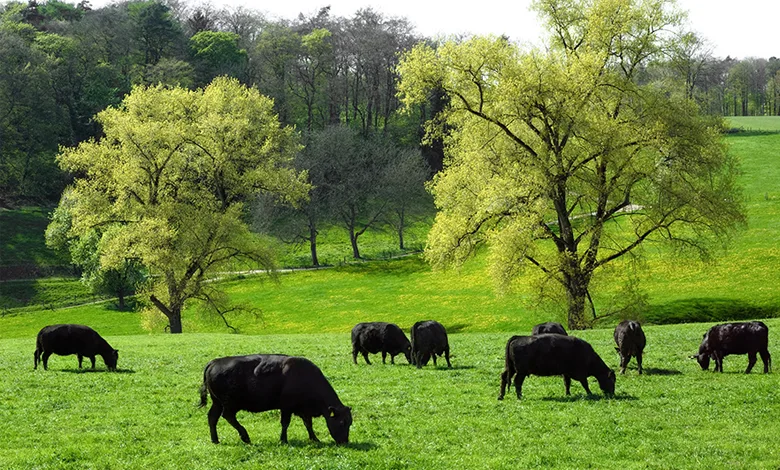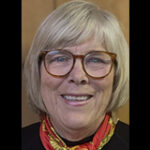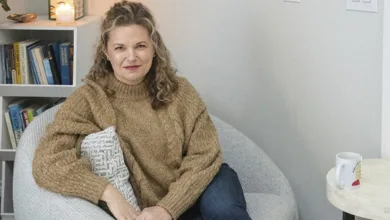A Farmer’s Final Journey: A life well-lived on the land he loved

Kahil Gibran writes: “When you are sorrowful, look again in your heart, and you shall see that in truth you are weeping for that which is your delight.”
When we go to funerals and memorial services, Gibran’s words task all of us to find our delight when we may most feel our despair.
We arrive on time in our Sunday best; we offer our condolences and support to the grieving family and often honor the deceased with a donation to a cause close to his or her heart or with flowers.
As we listen to the eulogy, however, we are challenged to live our best life, knowing that someday, words spoken about us should be someone else’s delight.
Instead of writing eulogies, the ancient Greeks would ask one final question: Did he have passion? Those who speak at these sad times often meaningfully address that question.
However, Norman Lee Nichols’ family answered that question with their final, unique tribute to Norman, a farmer who wanted to be buried on the land he loved—not something afforded to most of us.
Norman may have died of heart issues, but he lived a life of daily “farm reports” shared with his daughter when she called while in college.
Those reports detailed the blessings of 50 years of bringing in the hay, mending the fences, fixing the 13 tractors, and breeding the Angus/Maine Anjou beef cattle, which would eventually be sent to market.
Monica, his daughter, left the farm to become a pharmacist and may have had her own “pharmacist reports” to share with the dad she loved, even though they had nothing to do with the wonders of his work.
When he got sick, though, Monica would come in from the family barn and give him the real farm report he needed to hear.
But Monica and her brother, Norman Jr., lived close to the 200-acre homestead to deliver feed and fix equipment, when necessary, during their dad’s later days.
They never strayed far from the blood they were born with and the single-minded focus of their father, who sometimes worked off the farm to live, but to live would be to farm.

In death, though, Norman was to be buried in the Nichols Cemetery on the outward boundary of his land.
The cemetery had no more room until local trustees granted his wife Charlotte’s request to expand it by a third of an acre.
The cattle so dear to his heart could graze nearby, including the heifer (Norma) born by his favorite cow after he died, but they would now keep a respectful but grateful distance from the farmer who cared so much for them. Animals know the good people in this world.
Maybe they were watching when Norman’s barn-siding wooden casket was put on the hay wagon to be pulled by his favorite Kubota tractor to his final resting place.
His son drove the tractor; his daughter rode the wagon with her dad, and mourners followed.
While farming, Norman could go weeks without leaving the land he loved. He was a quiet man who was down-to-earth in every way possible.
But his passion would live on for seasons to come, a lesson we all should learn by following a simple man and a tractor.
Our last ride may not be on a caisson down Pennsylvania Avenue in Washington, D.C. with somber crowds.
However, perhaps a hay wagon pulled by a tractor is in our future if we live our best life.
Maybe our families will find comfort in poems celebrating a love of farming and legacy, such as Nancy Kraayenhof’s “Close the Gate,” excerpted below.
God’s soil has been passed on to your kin;
the stories flow like fine wine.
Wash off your work boots in the puddle
left by blessed rain one final time.
—Nancy Kraayenhof





